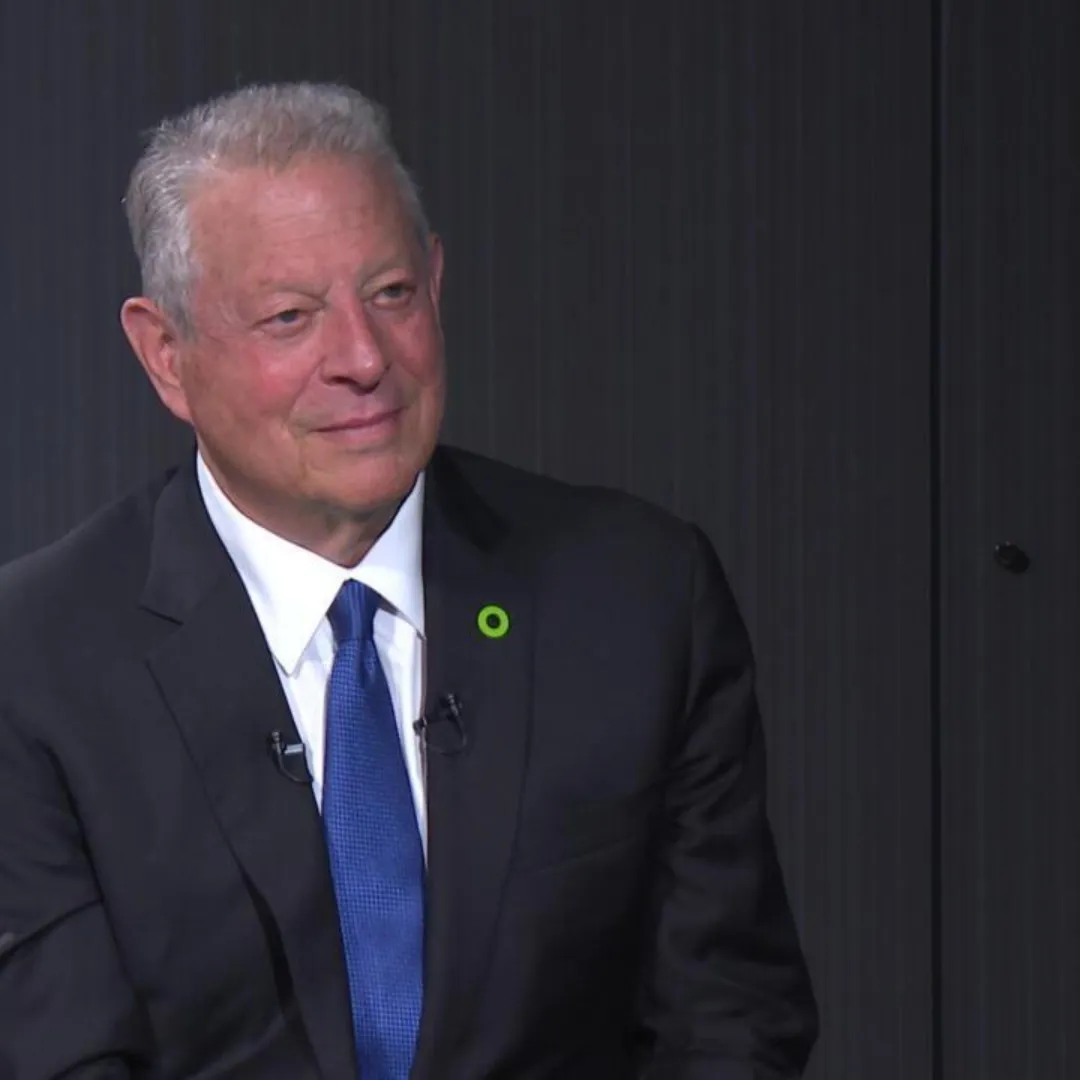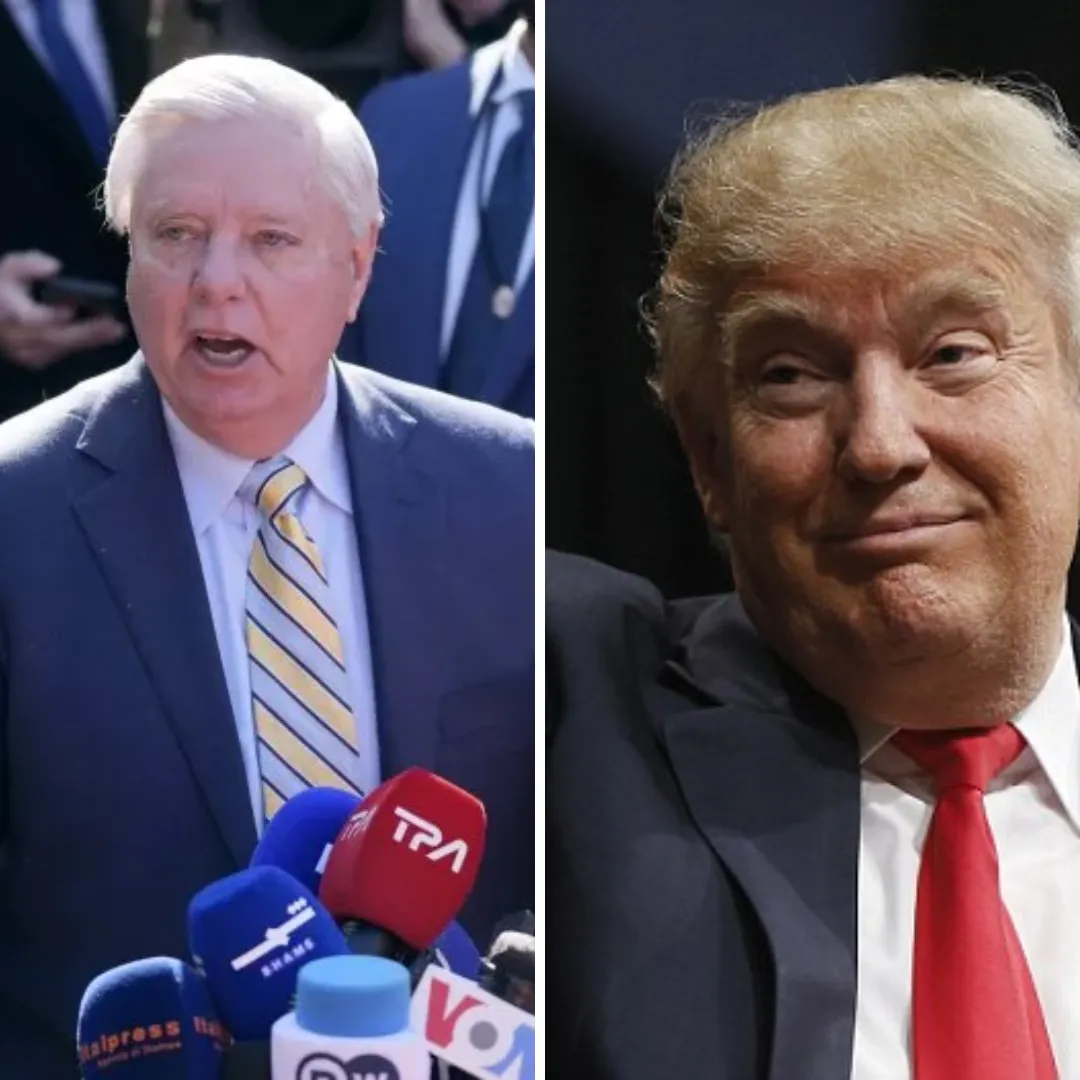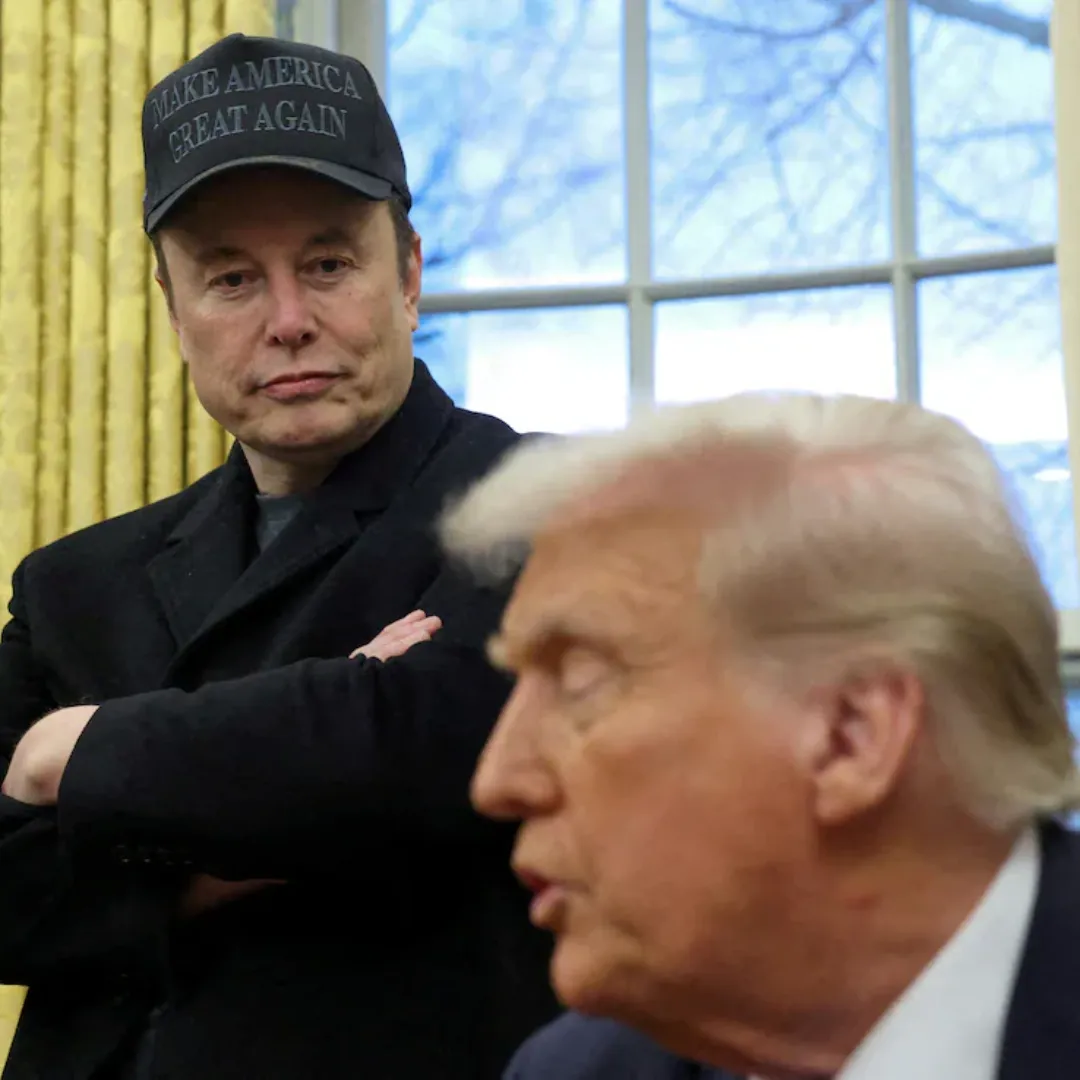
John Ullyot, a senior figure in the Department of Defense and former top spokesperson under the Trump administration, is stepping down from his position at the end of the week.
His resignation comes at a time of notable instability within the Pentagon, where a growing internal investigation has resulted in the suspension of multiple high-level aides.
Ullyot, who previously served as acting assistant to Defense Secretary Pete Hegseth for public affairs, had been instrumental in maintaining the Pentagon’s communications strategy during a time of mounting scrutiny and public controversy. His planned exit marks the latest in a series of changes affecting the upper ranks of the department.
In a written statement, Ullyot described the circumstances of his departure and emphasized that the decision followed conversations with Secretary Hegseth over his future role at the department.
"I made clear to Secretary Hegseth before the Inauguration that I was not interested in being number two to anyone in public affairs," Ullyot said. "But I would be happy to stand up the Pentagon press operation on an acting basis for two months and get President Trump’s pick up to speed once he came on board."
According to Ullyot, those two months concluded in March, and further discussions with Hegseth did not lead to an alternative position.
"Last month, as that time approached, the Secretary and I talked and could not come to an agreement on another good fit for me at DOD," Ullyot explained. "So I informed him today that I will be leaving at the end of this week. It’s been an honor to serve alongside him as part of President Trump’s team, and I remain one of the Secretary’s strongest supporters going forward."
However, a defense official speaking on background presented a different version of events, stating that Ullyot "was asked to resign." The official did not elaborate on the reasons for the request or whether it was tied to the broader internal investigation currently underway within the department.
Ullyot’s resignation arrives as the Department of Defense faces a wave of internal disruptions. Earlier this week, three top officials were removed from their posts and placed on administrative leave as part of a widening probe into leaks and alleged misconduct inside the Pentagon.
Among those escorted out were two of Hegseth’s aides and the chief of staff to Deputy Secretary of Defense Steve A. Feinberg.
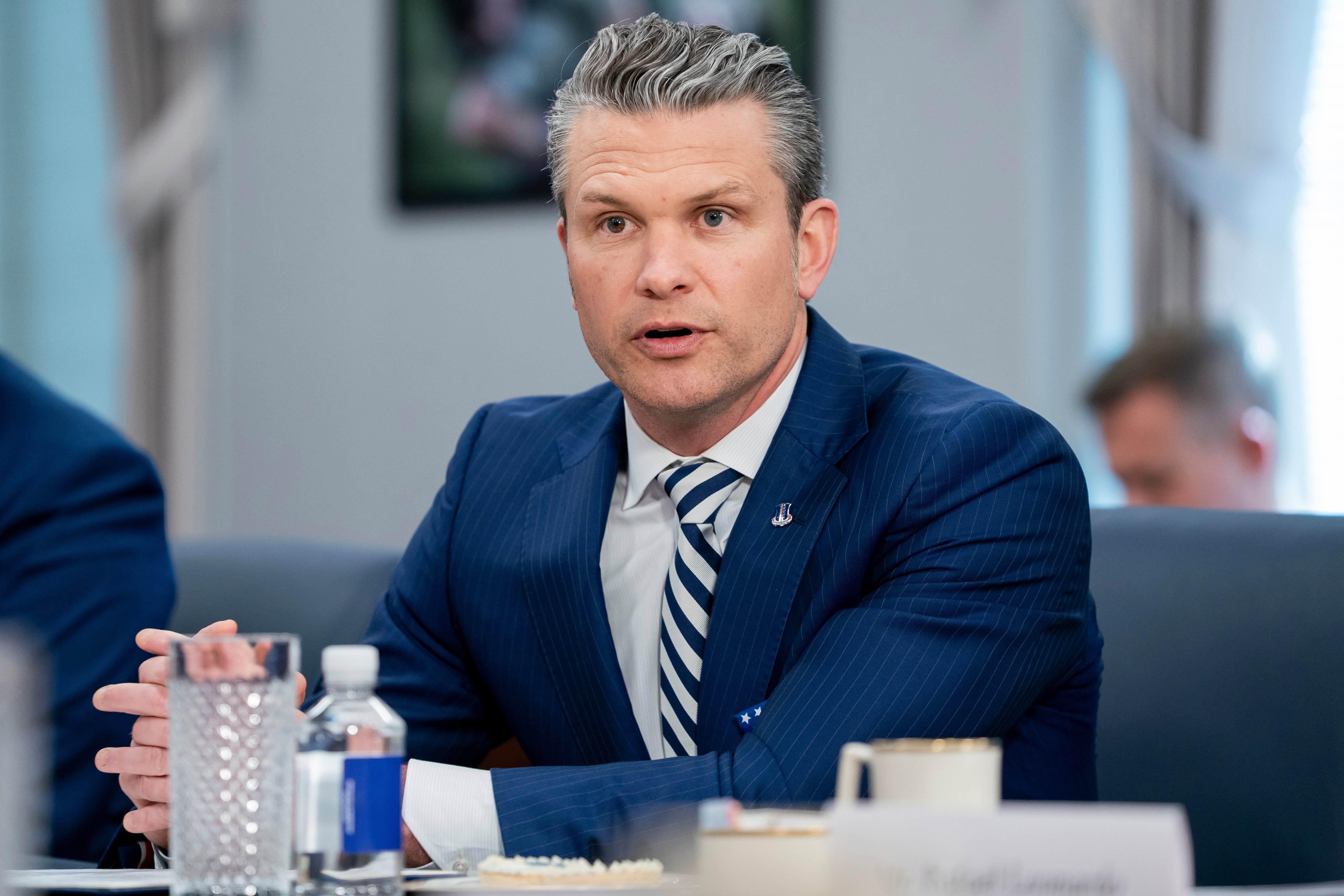
The investigation, which remains ongoing, has already had ripple effects throughout the department. While officials have not confirmed the exact nature of the leaks or who may be responsible, the high-profile nature of the suspensions has added to the climate of uncertainty and speculation inside the building.
Ullyot had been a visible figure during a particularly tense period at the Department of Defense. Most recently, he defended the department’s actions as it quietly removed a number of military web pages and public materials related to diversity, equity, and inclusion programs.
Among the items taken down was a tribute page to Jackie Robinson, the famed baseball player who broke Major League Baseball’s color barrier in 1947.
The removal of the page prompted immediate backlash, both from civil rights advocates and members of Congress. Critics accused the department of trying to erase important historical content related to racial progress in the military and American society at large.
While the department eventually restored the Robinson page, the damage to its public reputation was significant. Sources familiar with the situation have said that Ullyot’s role in defending the department during that time may have contributed to growing friction with senior administration officials.
Shortly after the incident, Ullyot was reportedly sidelined. While no formal demotion occurred, he was no longer featured prominently in press briefings or internal policy discussions. His influence within the department appeared to wane in the weeks that followed.
Ullyot’s public service career spans several branches of the federal government and multiple senior communications roles. He first gained prominence during Donald Trump’s 2016 presidential campaign, where he served in a senior spokesperson capacity.
After the election, he was appointed to the Department of Veterans Affairs as assistant secretary for public affairs.
During Trump’s first term, Ullyot also held a position at the National Security Council, where he managed messaging on issues related to defense, intelligence, and foreign policy. His time at the NSC placed him at the center of several key national security events, including escalations in the Middle East and cybersecurity incidents involving foreign actors.
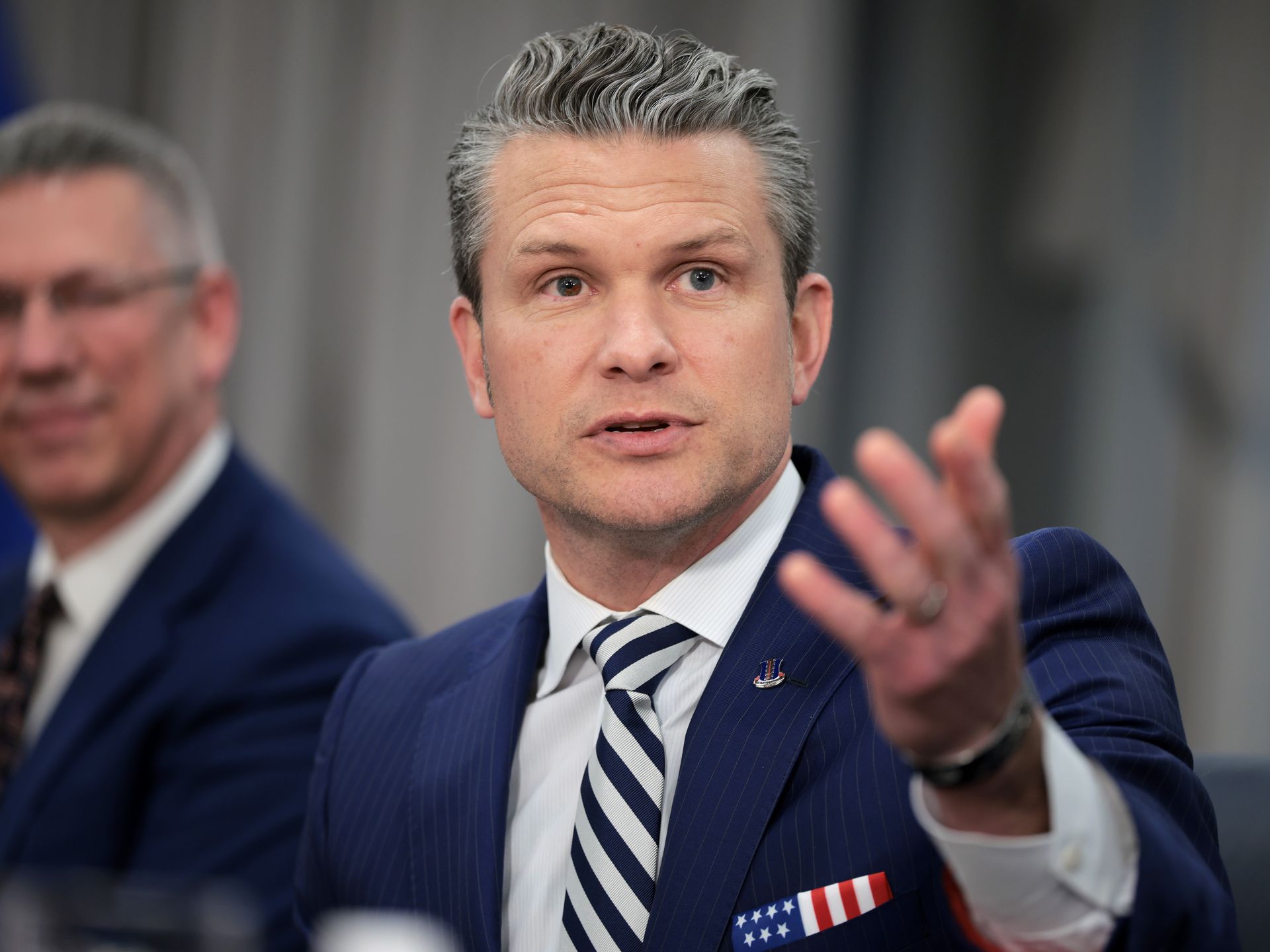
In recent months, however, Ullyot’s relationship with senior leadership at the Pentagon appeared strained. His interim tenure as acting assistant to Secretary Hegseth for public affairs was always intended to be temporary, but his exit comes amid a broader wave of staff reshuffling and disciplinary measures within the department.
The appointment of Sean Parnell in February as the new chief spokesperson for the Pentagon signaled a shift in direction. Parnell, a former Army airborne ranger and one-time Senate candidate, has quickly become a prominent voice within the administration’s defense strategy.
His military background and loyalty to President Trump have made him a favored figure among Trump-aligned leaders inside the Department of Defense.
Parnell’s arrival left little room for Ullyot to continue in a leadership role, and efforts to identify a new position for him within the department proved unsuccessful. Some officials have suggested that Ullyot’s departure was inevitable given the political realignment underway at the Pentagon under Hegseth’s leadership.
For his part, Secretary Hegseth has not publicly commented on Ullyot’s resignation or the broader investigation currently engulfing his office. Internal sources indicate that the secretary is focused on reaffirming loyalty among his team and eliminating what some officials have described as "internal resistance" to the administration’s policy goals.
Despite his resignation, Ullyot’s departure is being closely watched by both supporters and critics of the Trump administration. He was known as a polished communicator and a reliable voice during several turbulent moments in the first Trump term, including the administration’s controversial positions on veterans’ healthcare, defense spending, and national security priorities.
Outside observers note that the series of high-profile exits and suspensions suggests deeper instability inside the Pentagon, particularly as the administration ramps up its second-term agenda. The department is under growing pressure to execute sweeping policy changes in areas such as procurement, troop deployment, and civilian oversight, all while facing internal resistance and public backlash.
With the sudden removal of officials connected to the investigation and the resignation of a seasoned communications expert like Ullyot, questions are being raised about the stability of leadership at the Defense Department and the direction it is headed.

In Congress, lawmakers from both parties have begun to take notice. While no formal inquiries have been launched, several members of the House Armed Services Committee have signaled interest in learning more about the internal investigation, the removal of DEI materials, and the implications of recent staffing decisions.
"The Department of Defense is too important to be caught up in political gamesmanship," one lawmaker said. "We need to know why these changes are happening and whether they are in the best interest of national security."
For now, John Ullyot’s time at the Pentagon has come to a close. As he prepares to leave at the end of the week, his statement reflects both disappointment at the lack of a continuing role and pride in his service.
"It’s been an honor to serve," he said. "And I remain proud of what we accomplished during my time here. I’ll continue to support the Secretary and the mission of the Department of Defense wherever my next chapter takes me."
His departure leaves an open question about who will take up the communications challenges facing the Pentagon in the weeks ahead, and whether the agency can stabilize amid ongoing scrutiny, leadership changes, and internal strife.
